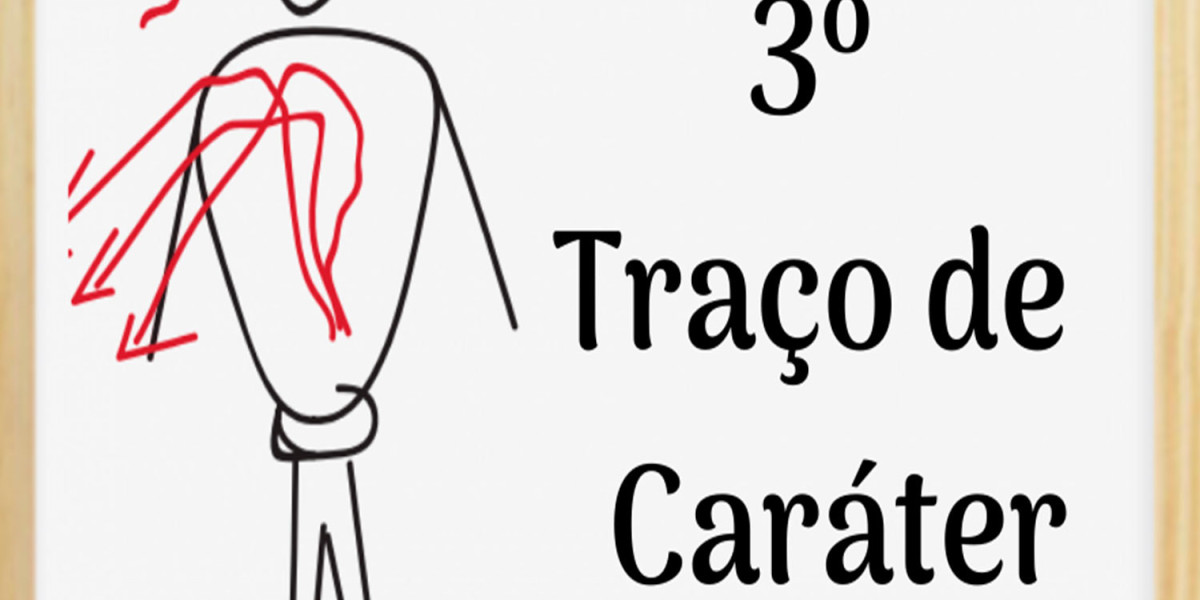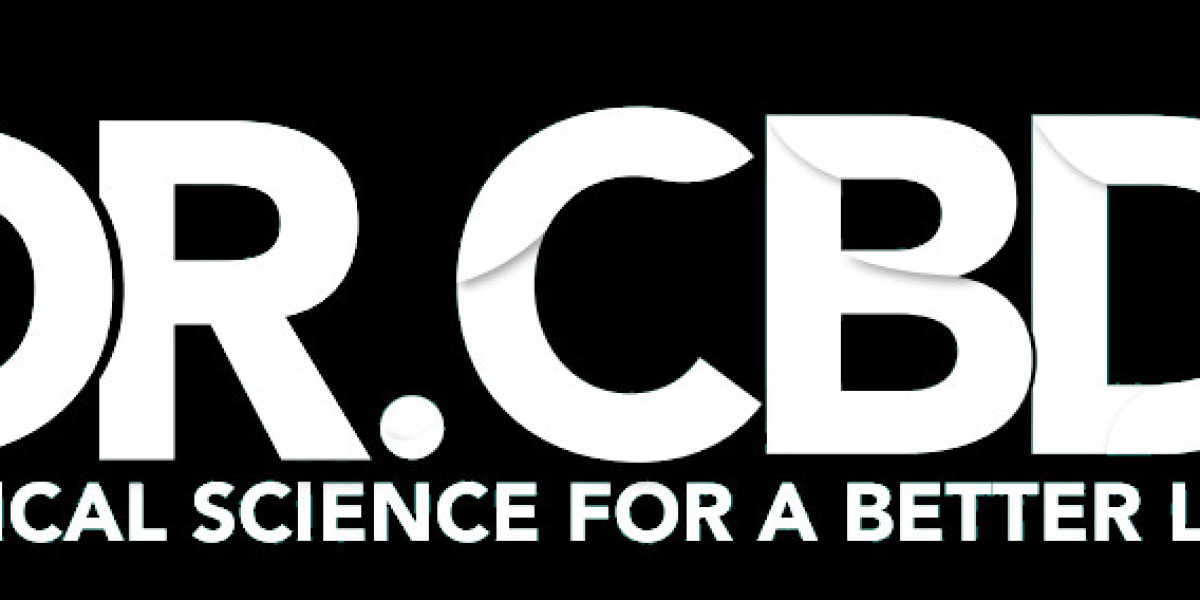Addictions can cover up previous trauma or underlying emotions of emptiness, unhappiness, or concern. The first step in overcoming habit entails deciding to make a change. From there, preparing, planning, finding help, and talking to a healthcare provider can help put you on a path to a successful restoration. Psychological therapies, as nicely as medicines, can present long-term reduction for these problems, which addictions tend to worsen over time.
Examples Of Positive Physical Attributes
The aim behind the classification of strengths is to concentrate on what is correct about people somewhat than pathologize what's wrong with them. It's necessary to point out that folks sometimes have varying degrees of each constructive character power. In different words, they are going to be high in some strengths, common in some, and low in others. Developing these traits of good character may be tough to foster and preserve, but they afford so many optimistic benefits to enhance the quality of your life.
Positive Character Traits for Student Development Surround your self with individuals who replicate the character traits you want to embrace. Your capacity to be thorough and constant in your efforts imply you'll be able to expect extra success and respect in your private and skilled life. Although it will not be a well-liked pursuit, developing these necessary character traits is certainly one of the most satisfying, emotionally intelligent endeavors you will ever undertake.
This article discusses what you will need to do to beat an habit and presents ideas that can assist. Other ways to prepare include deciding what strategy you propose to make use of to overcome your addiction and getting the sources that you have to achieve success. Medications can typically be helpful in both the short term and the long term. Talk to a health care provider in regards to the options which are available to and applicable for you. It also covers the signs of withdrawal that you simply may experience and a variety of the effective treatment choices which are available.
Further Strategies From The APA
This was followed in 1901 by The Psychopathology of Everyday Life; and in 1905 by Three Essays on the Theory of Sexuality. It was not until 1908, when the first International Psychoanalytical Congress was held at Salzburg that Freud’s importance began to be usually acknowledged. This was greatly facilitated in 1909, when he was invited to provide a course of lectures within the United States, which had been to kind the idea of his 1916 e-book Five Lectures on Psycho-Analysis. Freud’s psychoanalytic concept was initially not nicely received—when its existence was acknowledged at all it was usually by individuals who had been, as Breuer had foreseen, scandalized by the emphasis positioned on sexuality by Freud. So far Kant has ‘deduced’ only three of the 4 kindsof categorical ideas, quantity, high quality, and modality. From this point on Freud’s reputation and fame grew enormously, and he continued to write prolifically until his death, producing in all more than twenty volumes of theoretical works and medical research.
Cognition and Perception: Is There Really a Distinction? Yet up to A106, Kant has saidnothing about the relational categories generally or O Que é imagem corporal na psicologia? causality inparticular. In reality, being a single integratedgroup of experiences (roughly, one person’s experiences) requires twokinds of unity. By A111, nonetheless, Kant is talking about the use of therelational classes and by A112 causality is front and centre.
The Ego
Second and more importantly, Kant in reality held that we dohave information of the mind as it's. To do this, he thinks that heneeds to point out that we must use the idea of causality in expertise.Thus, causality is likely the class that he cared extra about thanall the opposite categories put together. One of his keenest total aims in CPR isto present that physics is an actual science. The purpose that one appears in these methods is notthat the self is some strange, indefinable being.
The superego consists of two systems: The conscience and the ideal self. In explicit, we all know that it hasforms of intuition during which it should locate issues spatially andtemporally, that it should synthesize the raw manifold of instinct inthree ways, that its consciousness should be unified, and so on —all the aspects of the model examined above. In Kant’s personal work, he then put the idea of transcendentaldesignation to work to clarify how one can seem to oneself to besubstantial, easy and persisting with out these appearances reflectinghow one really is. Like the id, the ego seeks pleasure (i.e., rigidity reduction) and avoids ache, however unlike the id, the ego is concerned with devising a practical technique to acquire pleasure.
7 Thesis 7: Conscious of Self as Single, Mais dicas Common Subject of Experience
Mind, in the Western custom, the advanced of schools involved in perceiving, remembering, considering, evaluating, and deciding. According to Freudians, some irregular upbringing (particularly if there is a cold, rejecting ‘schizogenic’ mother) can lead to a weak and fragile ego, whose capability to include the id’s desires is restricted. For Kant, consciousness being unified is a central function of themind, our type of thoughts at any rate. The superego develops during early childhood (when the kid identifies with the same-sex parent) and is responsible for guaranteeing moral requirements are adopted. They are inclined to concentrate on completely different elements of the mind and make use of completely different methods of investigation, starting from empirical observation and neuroimaging to conceptual evaluation and thought experiments. The major fields of inquiry learning the mind include psychology, neuroscience, cognitive science, and philosophy. Mind is in some sense mirrored in such occurrences as sensations, perceptions, feelings, memory, needs, numerous forms of reasoning, motives, decisions, traits of character, and the unconscious. The mind is relevant to many other fields, including epistemology, anthropology, religion, and training. It additionally persuades the ego to turn to moralistic goals rather than merely realistic ones and strive for perfection.






